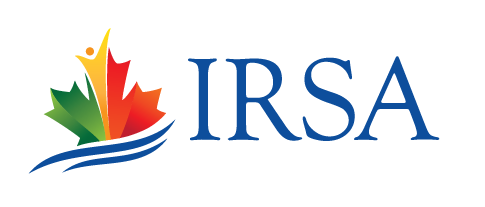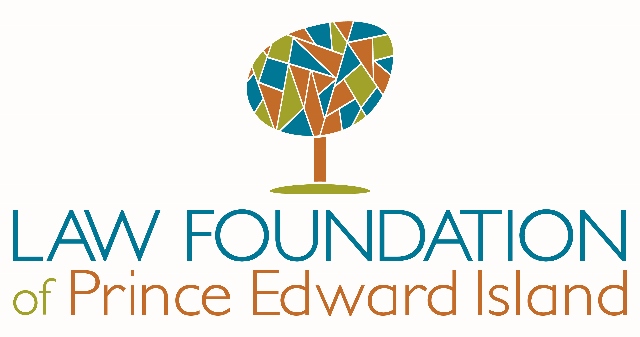Workplace Health and Safety
Health and Safety Training
Your employer and your supervisor must make sure you have the information, training, and equipment you need to work safely and protect yourself from injury or illness. This is the law under the Occupational Health and Safety Act (OHSA) (more information). Any time you start a new job or a new task, your employer and supervisor must inform you of any dangers. You must also receive basic training in occupational health and safety on these topics:
- Your duties and rights under OHSA,
- The duties of employers and supervisors under OHSA,
- Common workplace hazards and occupational illnesses,
- The role of the Occupational Health and Safety Division of the Workers Compensation Board of PEI, and
- Information and instruction requirements in the Workplace Hazardous Materials Information System (WHMIS) Regulation.
If you are a supervisor, your training may be different.
Health and Safety Rights
You have important rights under the Occupational Health and Safety Act.
You have the right to know of any dangers associated with your job. Your employer or supervisor must tell you about anything in your job that can hurt you. Your employer must make sure you get the information you need so that you can work safely.
You have the right to participate in keeping your workplace healthy and safe. Depending on the size of the company, you can be part of the health and safety committee or be a health and safety representative. You also have the right to take part in training and information sessions to help you do your job safely.
You have the right to refuse unsafe work. If you believe your job puts you in danger, you must report the unsafe situation to your supervisor. If the situation is not corrected and you feel that your health and safety is still in danger, you have the right refuse to perform the work.
If you report a hazard to your employer and they do not fix it, you can call the Workers Compensation Board (more information). You also have a duty to keep your workplace safe for yourself and your co-workers.
If you are being abused by your employer, you may be able to get an open work permit and change employers. Read more on the IRCC website: Open Work Permits for Vulnerable Workers. More information)
Your Responsibilities
- Report any workplace hazards (dangers) to your supervisor.
- Use any protective equipment that is required for the job.
- Follow the law and the health and safety policies and procedures of your workplace.
- Work and act in a way that does not put yourself or any other worker at risk of injury.
Unsafe Work
You have the right to refuse work that you believe is unsafe to yourself or another worker under the Occupational Health and Safety Act (OHSA). And, you have the right to refuse work that puts you in danger of violence from someone in the workplace.
If you refuse unsafe work, you must follow these steps:
- Tell your supervisor or employer right away that you are refusing work and explain your reasons.
- If needed, explain that you are exercising your rights under the Occupational Health and Safety Act.
You can learn more about the procedure for saying no to unsafe work in Guide to the Occupational Health and Safety Act. More information
If you do not feel comfortable to say no to your employer, or if you are worried that you could lose your job, call the Workers Compensation Board, or contact the Cooper Institute.
Injury and Illness in the Workplace
What to do if I am injured at work?
- Get First Aid or Medical Attention. Tell the doctor or nurse that you were hurt at work, or on your employer’s property. Ask them to submit a report to the Workers’ Compensation Board of PEI (WCB).
- Report the Injury to your employer. Explain who was involved, how and where the injury happened. Provide as much detail as you can. If you have a safety committee or representative, make sure they know about your injury.
- Complete the Worker’s Report – Form 6. Whether or not you miss time at work, you must complete this form. Send it by mail, fax, or drop it off in person. Please do not leave the report with your employer. You must make sure that WCB receives the form.
If you get hurt at work, get medical attention right away. Some work sites have a designated First Aid Attendant, who can address minor injuries or help to stabilize your condition until you are seen by a medical professional. If there is no first aid attendant on your work site, go to a medical clinic as soon as you can. If your injury is an emergency, call 9-1-1. Report the injury to your employer as soon as you can, if you feel safe doing so. Your injury should be reported to the WCB of PEI.
Your employer is not allowed to fire you because you have been injured or because you have made a Workers Compensation Board (WCB) claim. If you believe that you have been treated unfairly after a workplace injury, contact the PEI Association for Newcomers to Canada, Community Legal Information, or call the Temporary Foreign Workers Association hotline toll-free for support.
WCB Compensation
You may be eligible for financial compensation of any lost wages due to the injury through the Workers Compensation Board (WCB) of PEI. WCB coverage is paid for by your employer.
WCB - What is covered and what is not:
- You can file a WCB claim even if the accident was your fault.
- You may still be covered if you were injured during non-work hours on your employer’s property.
- You are not covered for non-work activities that take place outside your employers’ property.
If you need to have an interpreter when you speak with your doctor, it is important that the interpreter is not affiliated with your employer. You need an impartial interpreter so that your WCB claim is accurate. It is also a good idea to keep your own notes of what happened and how you are feeling.
If you don’t agree with the decision of your WCB claim, you can make an appeal. If you have problems filing your claim or need to appeal, contact the Office of the Worker Advisor. More information










